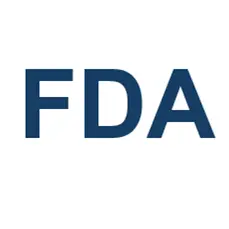Potassium carbonate can help regulate acidity and improve texture in food. It can also serve as a nutrient.
Potassium Carbonate
Found In
- Baked goods
- Beverages
- Cocoa powder
- Ramen noodles
Also Known As
- E501
The Beverage Bottom Line
Potassium carbonate is authorized for use in the U.S., Europe and Canada.
This ingredient may have authorizations in countries not included on this site.
International Assessments and Authorizations

U.S. Food And Drug Administration (FDA)
Affirmation by FDA this ingredient is generally recognized as safe as a direct human food ingredient. (GRAS FDA-Affirmed)
FDA has determined that potassium bicarbonate can be used in food with no limitation other than current good manufacturing practices.
In 2019, dietary reference intakes for potassium were reviewed by the National Academies of Sciences, Engineering and Medicine.
In 1975, the health aspects of carbonates and bicarbonates as food ingredients were evaluated.

Health Canada
Safe for intended uses.
In 2019, dietary reference intakes for potassium were reviewed by the National Academies of Sciences, Engineering and Medicine.
This page was last updated on 6/30/2025.


